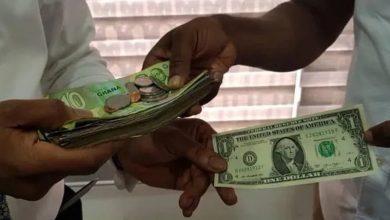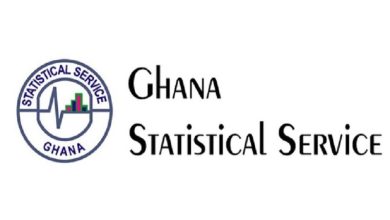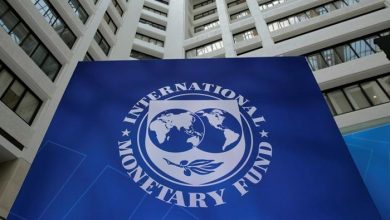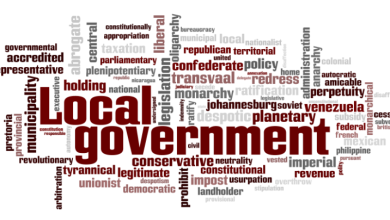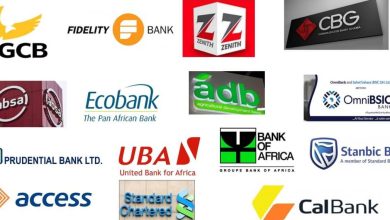COVID-19 resurgence threatens fiscal stability – BoG warns
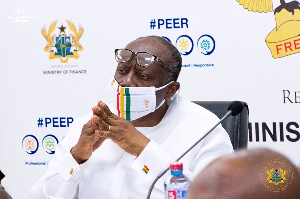
The Bank of Ghana (BoG) has said the prospects of government achieving a faster fiscal deficit reduction have been made more difficult following the recent surge in COVID-19 cases, which requires further unbudgeted expenses.
According to the BoG, the fiscal deficit stood at 10.8 percent of GDP as of November 2020—a figure which could rise to about 15 percent if the cost of energy and financial sector reforms is included.
Ken Ofori-Atta, the Finance Minister-designate, told Parliament last November that government intends to mobilise more revenue and rationalise expenditure in an effort to reduce the deficit to 8.3 percent of GDP, instead of the 9.6 percent target he had set in the 2020 mid-year budget.
Mr. Ofori-Atta believed that achieving the 8.3 percent of GDP fiscal deficit target in 2021 would help the government meet the 5 percent of GDP fiscal deficit rule—set by the Fiscal Responsibility Act—by 2024.
But the BoG’s Monetary Policy Committee, having met last week to assess the health of the economy, noted that the recent surge in coronavirus cases is likely to derail the plans to reduce the fiscal deficit this year.
“The prospects of a sharp fiscal correction in 2021 now look unlikely amidst the second wave of the pandemic, which will be requiring additional spending to provide testing, vaccines, etc.
To put the debt on a sustainable path and to ensure sustainability in policies, some new revenue measures and expenditure rationalisation efforts will have to be pursued within the context of the medium-term fiscal framework to allow for the generation of primary surpluses,” the BoG stated after its monetary policy meeting.
According to the Ghana Health Service, the country is currently recording more than 700 positive coronavirus cases daily, with the number of active cases above 5,500 as of February 2.
Second wave threats
According to the central bank, despite the damage caused to the economy by the pandemic, the second half of 2020 pointed to improved economic performance.
Nevertheless, the bank noted that the renewed threat from the second wave of the pandemic has again heightened uncertainty and could hamper the recovery process in the near term.
Already, the government has brought back some of the restrictions adopted at the onset of the pandemic in a bid to contain the virus’ transmission—further prompting concerns over a possible lockdown.
Commenting on the banking sector’s preparedness for the second wave, the BoG stated that policy and regulatory reliefs granted to the industry will be reviewed alongside close monitoring and prompt supervisory actions to address emerging potential vulnerabilities in the financial sector.
“The banking sector is well-positioned to continue with the core objective of financial intermediation and providing support to the growth recovery process. Banks are expected to sustain the strong performance under mild to moderate stress conditions, barring more severe consequences on the real sector from the second wave of the pandemic,” the bank added.
Rate stay
The committee voted to maintain the policy rate at 14.5 percent—the fifth consecutive time since the virus necessitated a 150-basis-point reduction in March 2020.
The bank explained that its decision to keep the rate unchanged reflects the risks to inflation emanating from fiscal expansion as well as rising crude oil prices.
Inflation, which peaked at 14 percent in August 2020, closed the year at 10.4 percent, slightly above the 10 percent maximum target set by the bank.


